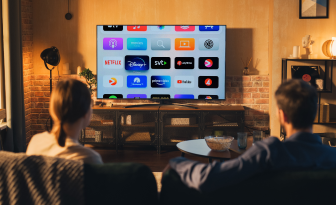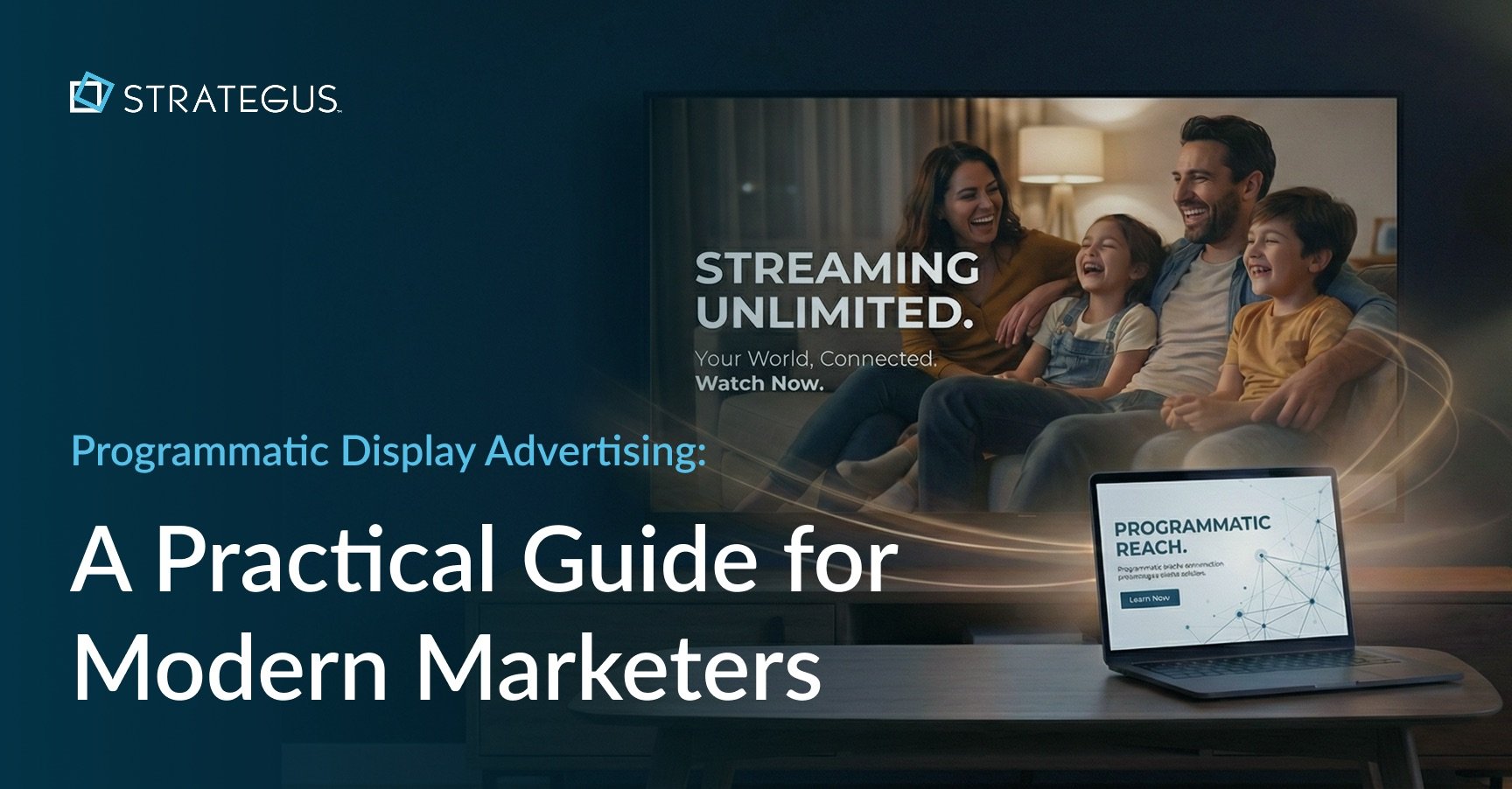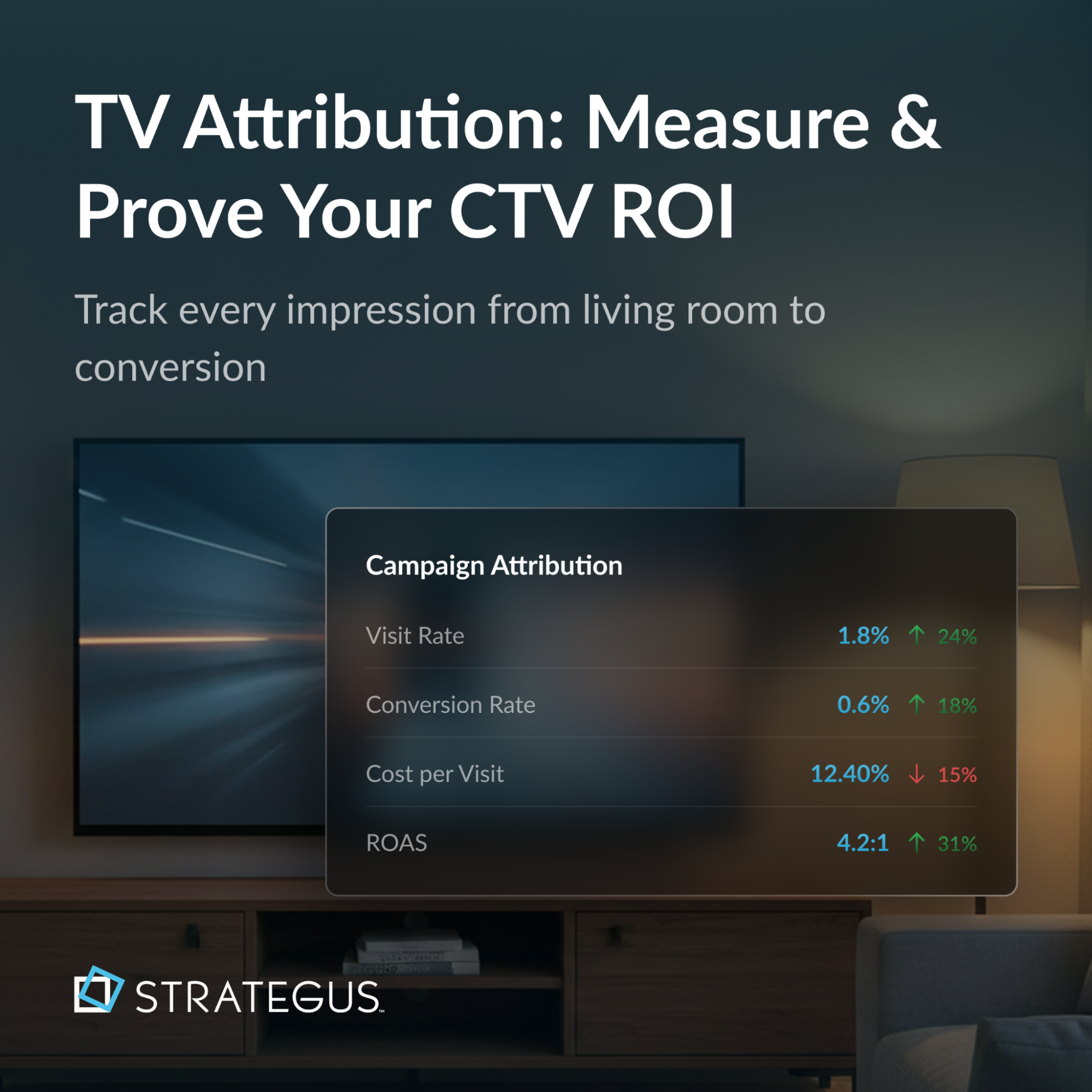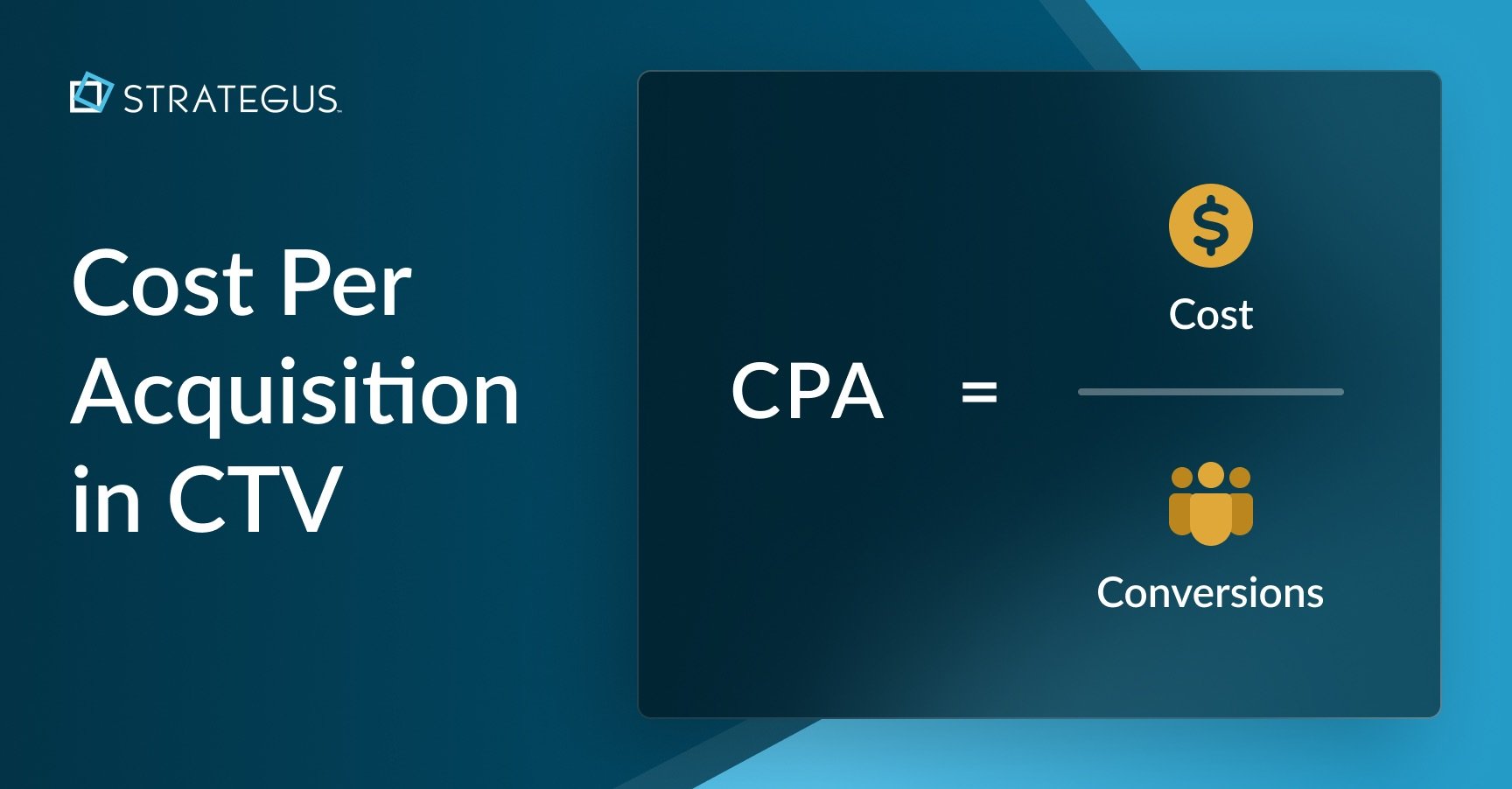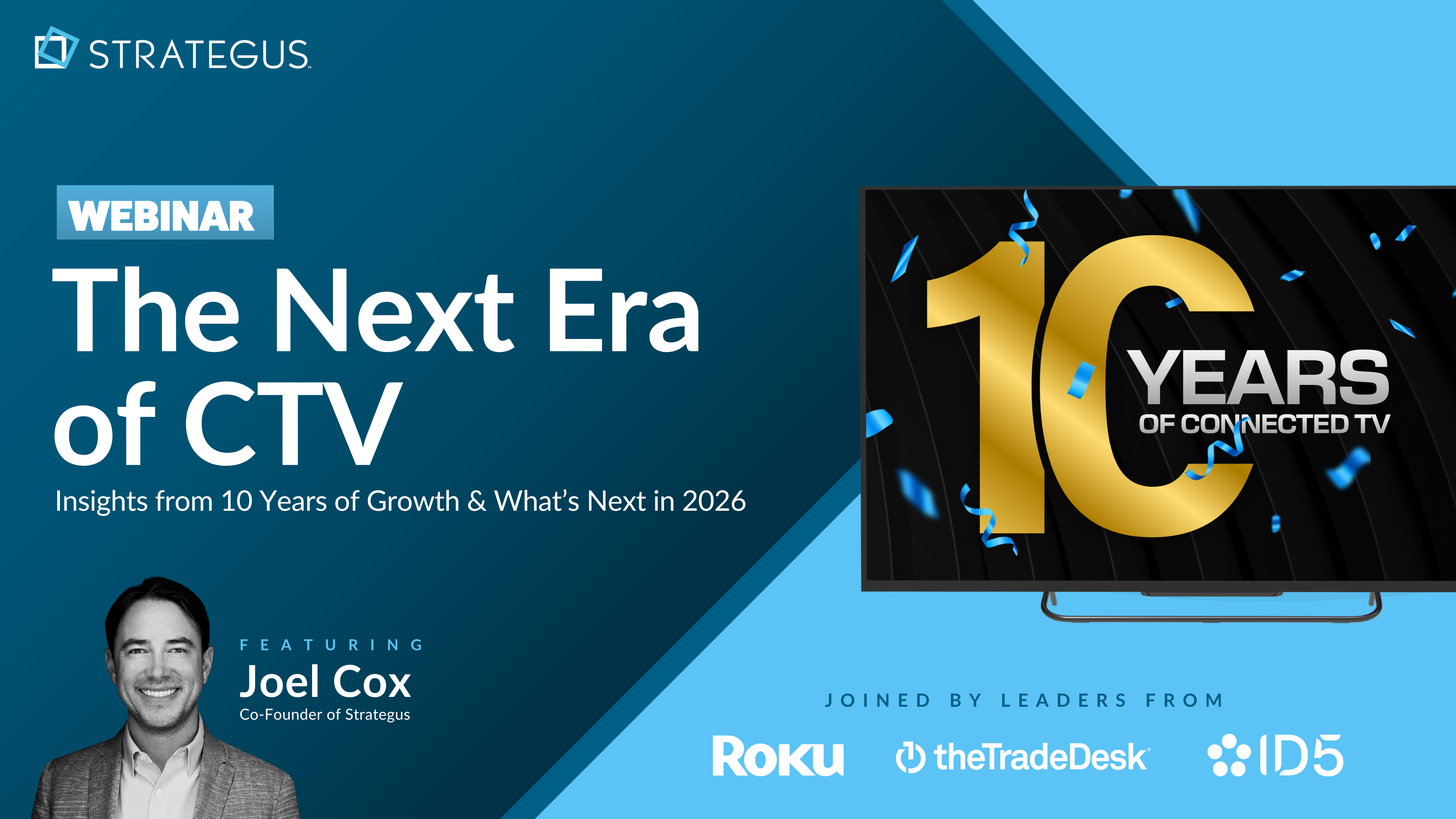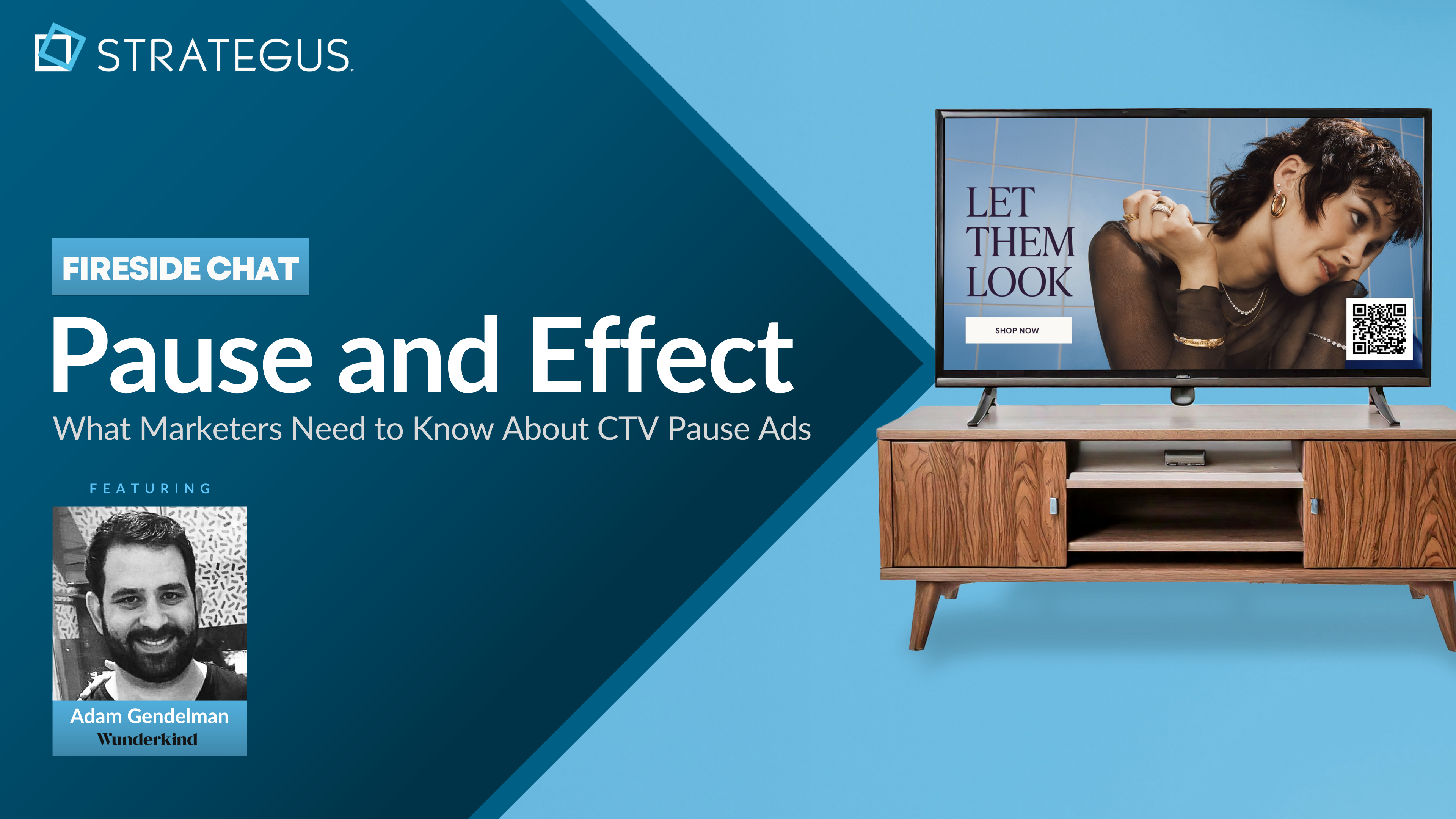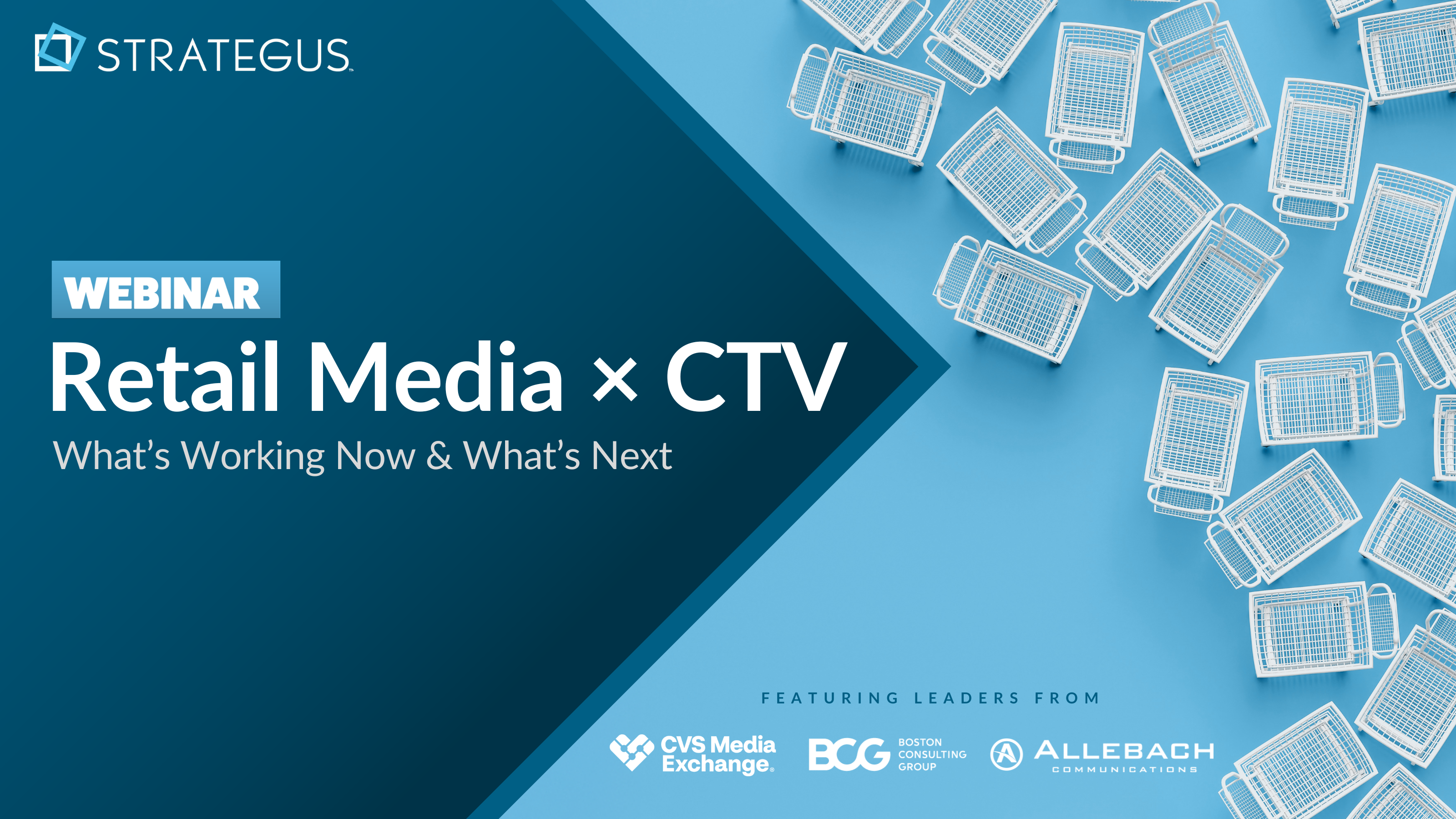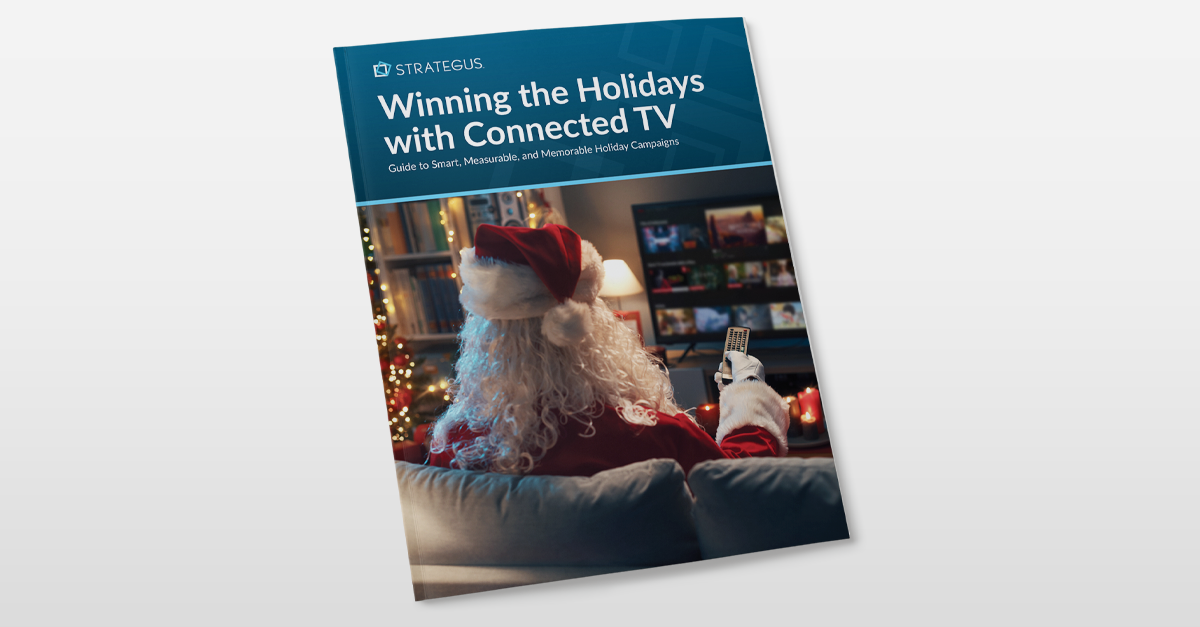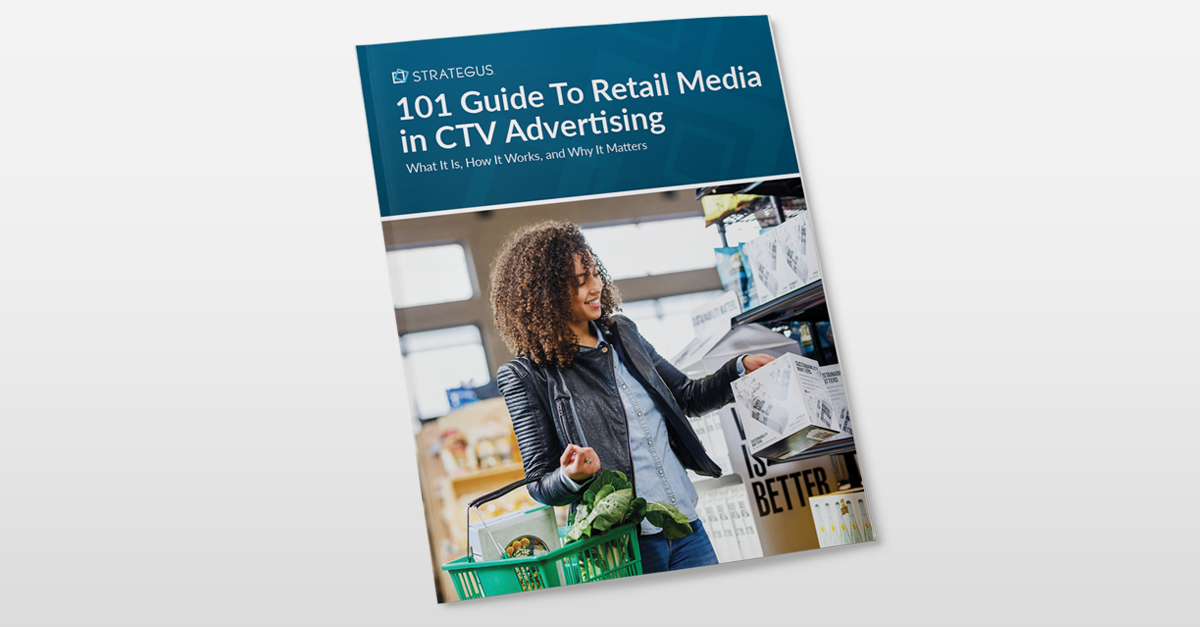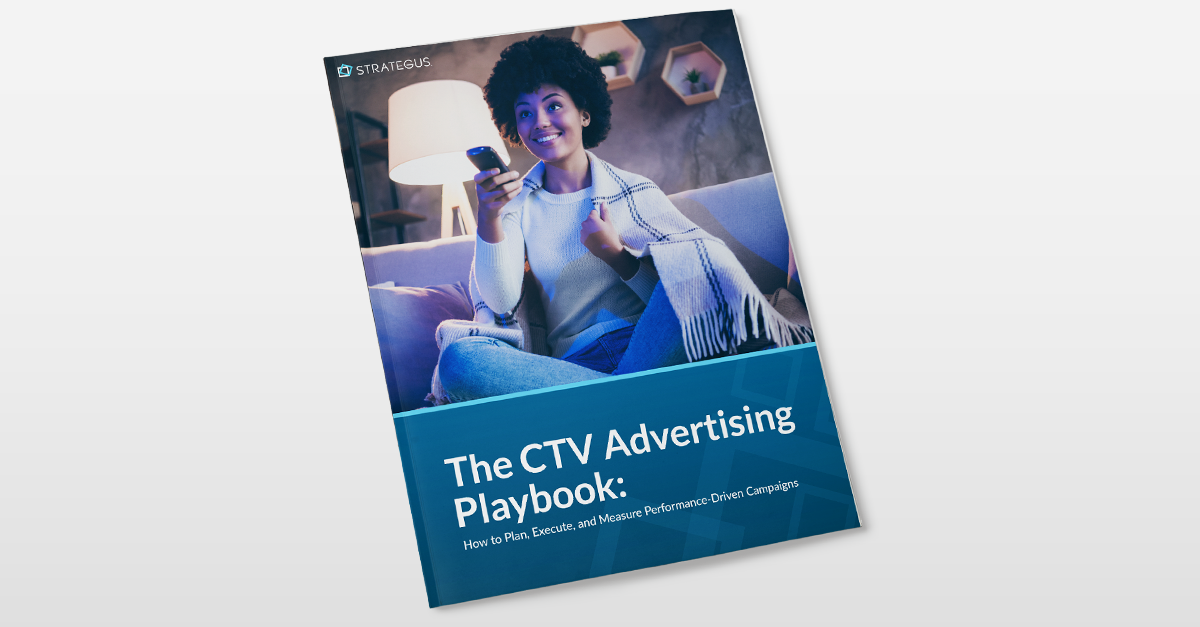- Home
- Strategus Blog
- What’s Holding Political Advertisers Back?
What’s Holding Political Advertisers Back?
 Andy Dixon
Andy Dixon
3 minutes read
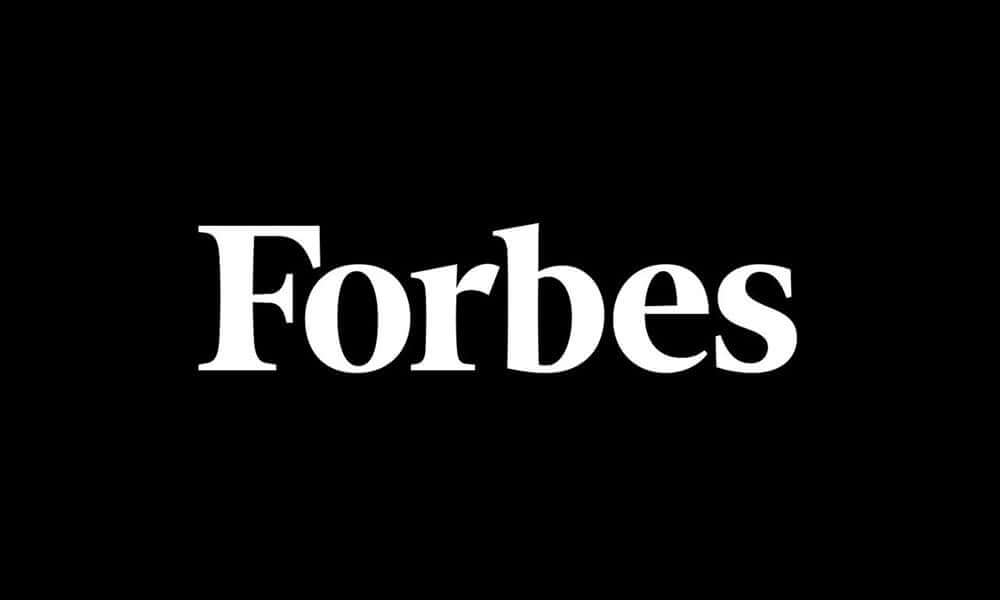

Politics went digital when the Obama campaign began leveraging Facebook, mostly organically, to gain first-mover social media advantage over Republican opponents. Political operatives accelerated digital outreach in 2016. But, instead of doing it transparently with broadly targeted grassroots posting, sharing and organizing, they started paying big bucks to Facebook behind the scenes. Zuckerberg’s juggernaut happily obliged with back-door access and microtargeting of its users in the most intrusive exploitation of personal data ever seen.
The combination of traditional television advertising and weaponized social media was effective, but caused division and rancor. The good news in 2020 is that microtargeting has improved dramatically and for the better over the last four years thanks to innovations in ad buying and targeting technologies on the open web. The bad news is that political campaigns are choosing instead to simply rinse and repeat the 2016 approach: abusive microtargeting in the Facebook and YouTube ecosystems, and obnoxious, hyper-frequent broadcast and cable TV ads.
Allocating the vast majority of media buys to TV and Facebook ignores the fact that the average American engages with more than five digital devices every day. So, why are political advertisers focusing on such limited media rather than a holistic, programmatic strategy with wider reach?
Nuclear Spending
With nearly a half-billion dollars spent with nothing to show for it but a primary win in American Samoa, the Bloomberg campaign shattered all perceptions of what it means to overspend and overexpose. Such blatant disregard for frequency discipline proved unpersuasive. Political advertising has always carried a sense of a desperate, going-out-of-business fire sale since every campaign is all or nothing, but Bloomberg took this to the extreme.
We haven’t really learned anything new other than that money may no longer be everything in politics, and that campaigns still haven’t caught on to the revolution in digital streaming, even though millions of voters have cut the satellite and cable cord since the last election. Archaic advertising targeting and frequency strategies, perpetuated by politicians and their handlers, are a disservice to constituents and proof positive that political campaigning remains far behind the technology adoption curve.
Deliberate ignorance and disregard for the customer experience are not reflective of the choices marketers would normally make to sustain their brands, and are counter to the great strides we’ve made in making advertising more meaningful, engaging and relevant to customers and, hopefully, voters. The days of spray and pray are over, but desperate political campaigns still cling to the past at everyone’s expense. Nuclear spending and oversaturation are not the answers.
Data-Driven
What has really changed in the last few years is that the biggest companies in the world have commoditized the digital exhaust from consumers’ phones and computers, and are selling it to advertisers. Data is the new oil and steel, and has become marketing’s most valuable resource. Not harnessing the knowledge now available about voter and consumer behavior, belief and interest, and continuing the spray-and-pray mentality, are counterintuitive.
Customized microtargeting that analyzes consumer spending and browsing data (and not their personally identifiable information) can be done in a more ethical and mutually beneficial manner. But campaigns are hogging traditional TV ad inventory, despite infinitely more digital inventory available now than there was in 2016. Consumers would be more receptive to well-placed political ads in the affinity-based internet content that they now enjoy rather than have a dozen ads in a row dumped and repeated on them during their favorite primetime network sitcom. Oversaturation makes for more irrelevance, and relevance fulfills the greater promise of customer engagement.
We’ll probably have to wait until 2024 to see the benefits of more respectful, less intrusive, voter-friendly advertising in a national election. In the meantime, the 2020 political season will probably perpetuate destructive trends, and irritate more people than it persuades.

Andy Dixon is a seasoned Content Writing Specialist at Strategus, renowned for his expertise in creating engaging and impactful digital content. With over a decade of experience in content creation, Andy has honed his skills in a variety of niches, ranging from technology and marketing to education.
Strategus is a managed services connected TV(CTV) advertising agency with over 60,000+ campaigns delivered. Find out how our experts can extend your team and drive the result that matter most.
Talk to an Expert
Seeking a Custom CTV Strategy That Delivers?
What to read next

Programmatic Display Advertising: A Practical Guide for Modern Marketers
Programmatic display advertising is a staple for most marketers. It's familiar, widely used, and often the default choice in digital campaigns. But...
11 minutes read

TV Attribution Explained: How CTV Delivers the Proof Traditional TV Never Could
Traditional TV advertising was a black box. You’d run a campaign, the media plan would look solid, and then… you’d wait. Maybe site traffic ticked...
13 minutes read

What Is Cost Per Acquisition and How Does CTV Fit In?
Marketers have been able to track the cost per acquisition (CPA) across digital channels using tracking pixels and attribution models to determine...
9 minutes read

What Is an Ad Exchange? How Programmatic CTV Buying Works
Ad exchanges power most of the ads you see on connected TV, but understanding how they work can feel like deciphering a secret code. SSPs, DSPs, data...
12 minutes read

